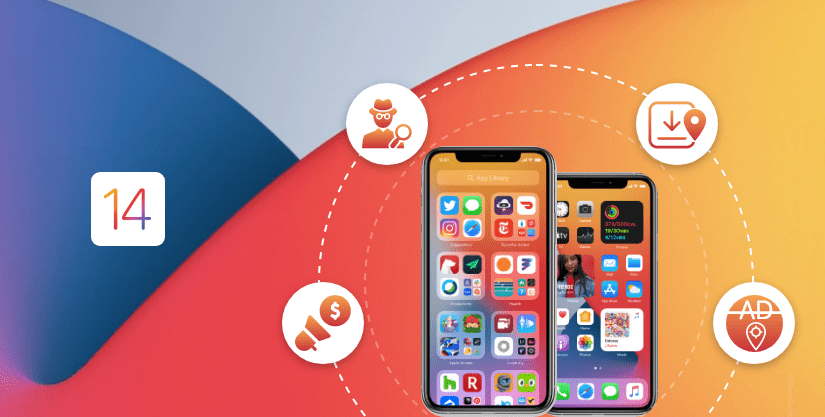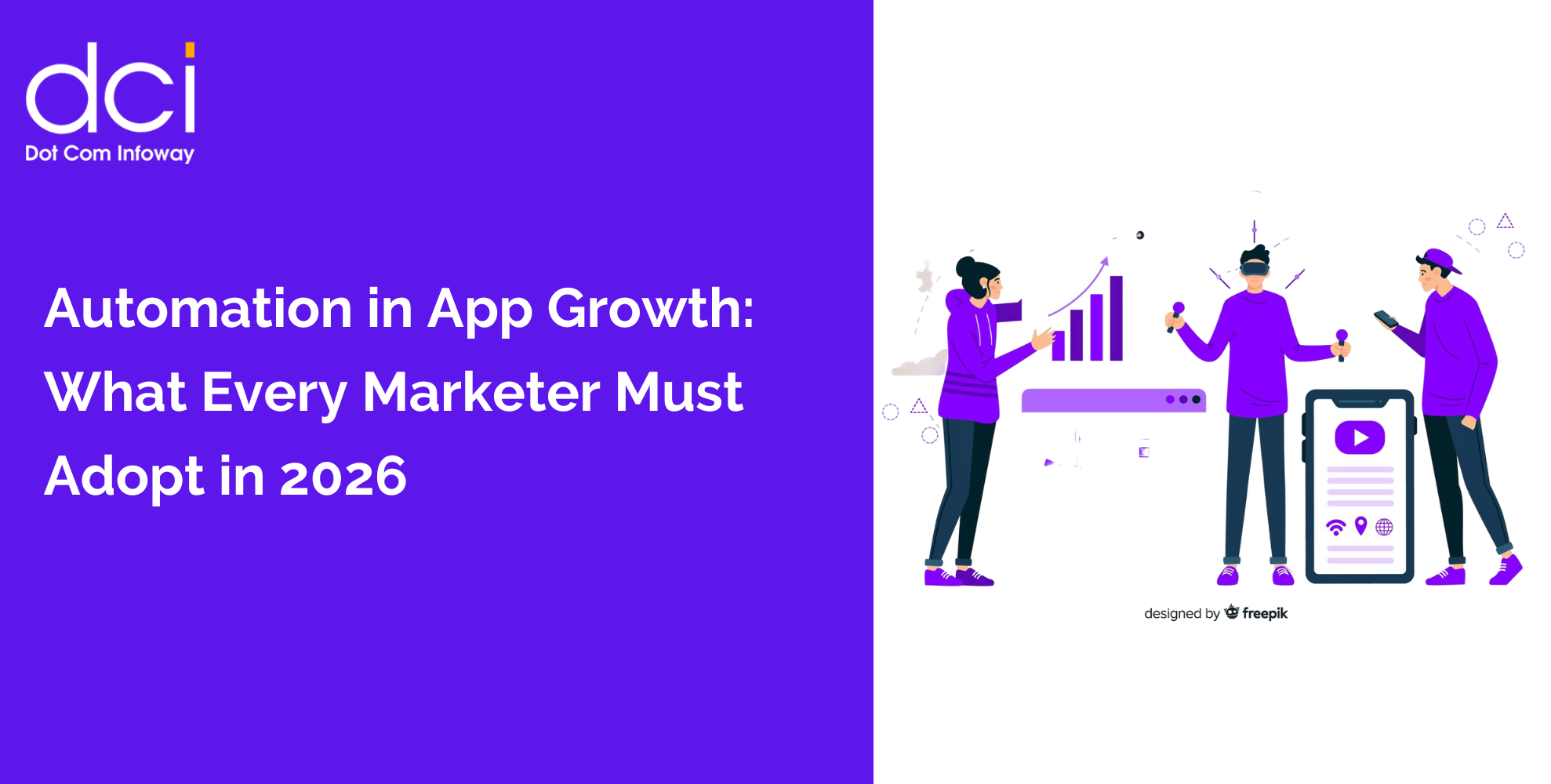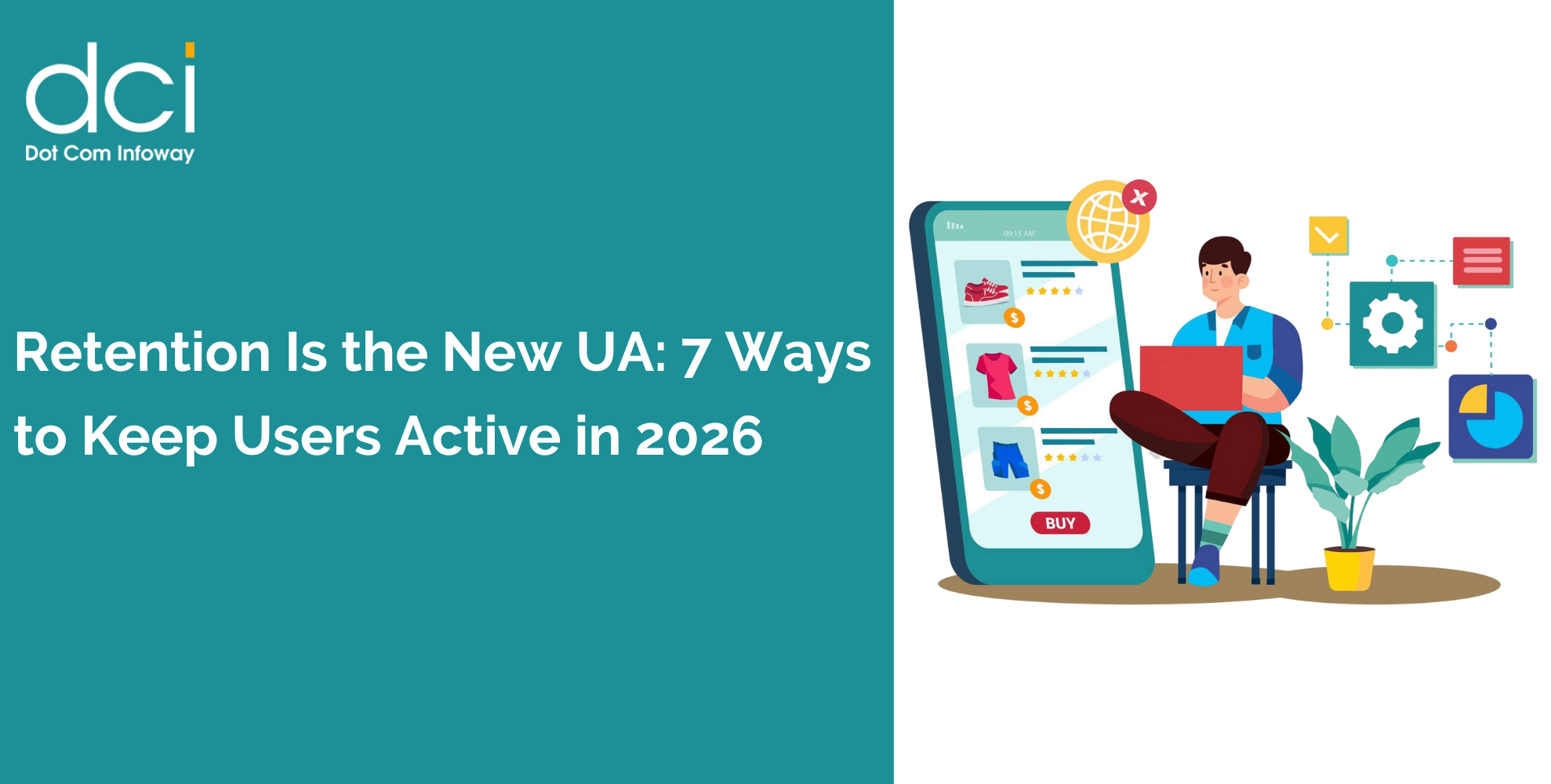How It Impacts App Installs and Geolocation?
App installs take the spotlight in this update because Apple will now notify registered ad networks every time ad campaigns produce a conversion. Whether this applies to users who opt-out remains unclear. Arguably, such a move places too much weight on only one metric, the app install, which is just one metric advertiser use to optimize their campaigns.
Geolocation, on the other hand, has also been affected since users can now also opt-out from sharing and showing their precise location every time they run an app that asks for it. Any opt-out in this regard is essentially permanent for it will not be asked again. Once this is the case, only the approximate geo-location of the user will be shared with that app. This is admittedly more of a positive move because users will now be allowed to choose whether they’ll reveal their exact location.
Tracking and Ad Limit Impact
In addition to Safari’s ITP, which block cross-domain tracking, users will now also be made privy to the companies that the said feature is blocking. This is more of a limiting change obviously since it makes it seem like all the companies blocked share the same user tracking intent. There’s more than one reason for tracking users for advertising purposes and most of them are relatively benign enough to warrant not being included in a list that appears to immediately paint all the companies included in a bad light.
Take note that Apple’s Limit Ad Tracking, which gave users the option to show IDFA tracking opt-ins and opt-outs, has already resulted in a substantial decrease in eCPM. This is only bound to become worse when iOS 14 becomes the majority since it makes these IDFA opt-out options the default setting.
Conclusion
Much like any significant change for the good or bad, one sure way to solve it is to simply adapt to the changes it brings. Ad solutions that center on privacy, for one, should be prioritized more in place that solely focuses on targeting identity. Another door is also open to universal user identification, which does not conflict with Apple’s policies. Facebook, as of this writing, is looking at new technology that will be able to perform just that.
No matter how huge an impact iOS 14 will seemingly have at the initial stages of its implementation, there’s really no room to doubt that the app industry will inevitably be able to bounce back from it. Active steps are already being taken, after all.







![The Game Marketing Guide: Pre and Post-Launch Strategies [Infographic]](https://www.dotcominfoway.com/wp-content/uploads/2023/09/DCI-Game-Marketing-blog-1.jpg)















